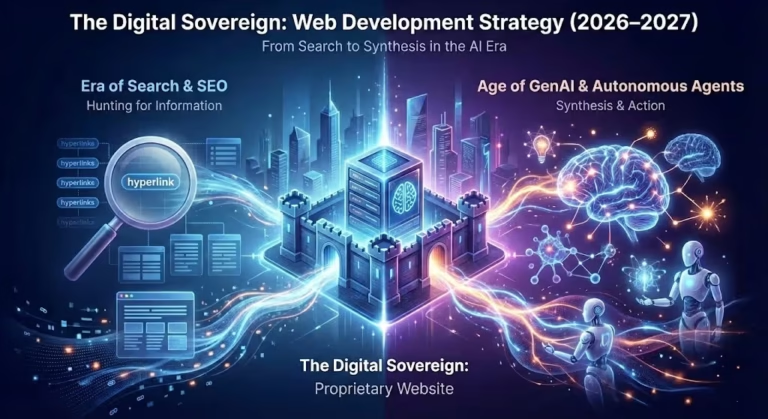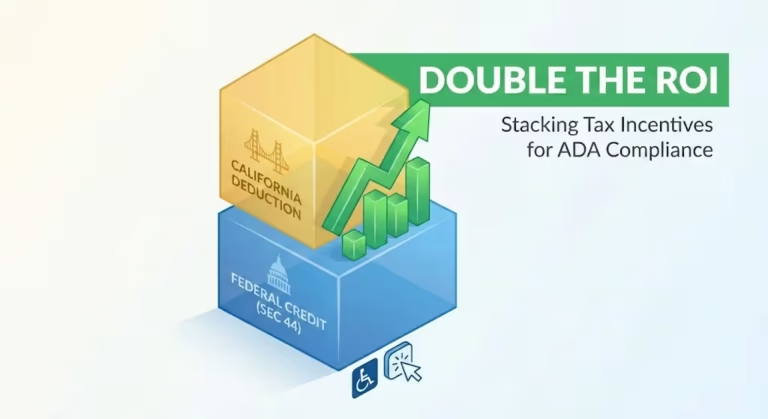E-commerce has become an integral part of our lives. With the rise of online shopping, businesses need to find innovative ways to stand out from the competition and provide a personalized experience to their customers. One powerful tool that can help achieve this goal is WordPress E-commerce. In this blog, we will explore how personalization can boost profits and how WordPress E-commerce can be leveraged to create a tailored shopping experience.
What is Personalization in E-commerce?
Personalization in e-commerce refers to the practice of customizing the shopping experience for individual customers. By analyzing customer data and behavior, businesses can deliver personalized recommendations, offers, and content that align with each customer’s preferences and needs. The goal is to create a more engaging and relevant shopping experience, ultimately leading to increased customer satisfaction, loyalty, and higher conversion rates.
The Benefits of Profitable Personalization for WordPress E-commerce:

Implementing personalization strategies in WordPress E-commerce can offer numerous benefits for businesses:
Enhanced Customer Experience:
By tailoring product recommendations, offers, and content to individual customers, businesses can create a more engaging and relevant shopping experience. This helps customers find what they need quickly, leading to improved satisfaction and a higher likelihood of making a purchase.
Increased Conversion Rates:
Personalization can significantly impact conversion rates. When customers feel understood and catered to, they are more likely to convert into paying customers. By presenting them with personalized offers and recommendations, businesses can drive sales and increase their bottom line.
Improved Customer Loyalty:
Personalization fosters a sense of loyalty among customers. When businesses demonstrate that they understand and care about their customers’ preferences, they are more likely to earn repeat business and build long-term relationships.
Higher Average Order Value:
Personalization can also drive higher average order values. By suggesting complementary or higher-priced items based on customers’ purchase history or browsing behavior, businesses can encourage customers to add more items to their carts, thus increasing their overall spend.
Leveraging WordPress E-commerce for Personalization
WordPress is a popular content management system (CMS) that powers millions of websites, including e-commerce stores. With its robust ecosystem and extensive plugin library, WordPress offers a range of tools and plugins specifically designed for e-commerce personalization. Here are some ways to leverage WordPress E-commerce for personalized shopping experiences:
Data Collection and Analysis:
WordPress E-commerce plugins can collect valuable customer data, such as purchase history, browsing behavior, and preferences. Analyzing this data can provide insights into customers’ interests, allowing businesses to deliver personalized recommendations and targeted marketing campaigns.
Product Recommendations:
By integrating recommendation plugins into WordPress E-commerce, businesses can display personalized product recommendations based on customers’ browsing and purchase history. These recommendations can be showcased on product pages, shopping carts, or personalized email campaigns.
Dynamic Pricing:
WordPress E-commerce plugins enable businesses to implement dynamic pricing strategies based on customer segments or individual preferences. By offering personalized discounts or pricing tiers, businesses can incentivize customers to make a purchase and increase conversion rates.
Content Personalization:
Personalizing content is another effective way to engage customers. WordPress offers plugins that allow businesses to display personalized content based on customer profiles or behavior. This can include personalized banners, landing pages, blog posts, or even personalized search results.
Email Marketing Automation:
With WordPress E-commerce, businesses can leverage email marketing automation plugins to send personalized emails based on customer behavior, preferences, or purchase history. These automated emails can include personalized product recommendations, abandoned cart reminders, and exclusive offers, driving customer engagement and sales.
In Short, Personalization is a powerful tool for businesses looking to thrive in the competitive e-commerce landscape. By leveraging WordPress E-commerce and its extensive range of plugins, businesses can deliver tailored shopping experiences that boost profits, increase customer satisfaction, and drive long-term loyalty. Investing in personalization is an investment in the future of e-commerce, where customers seek unique and relevant experiences that cater to their individual needs.
FAQ on Customizing WordPress E-commerce for Profitable Personalization
What is WordPress E-commerce?
WordPress Ecommerce refers to the integration of ecommerce functionality into a website built on the WordPress content management system. It allows businesses to create online stores, sell products or services, manage inventory, and process payments, all within the WordPress platform.
Why is personalization important in e-commerce?
Personalization is important in e-commerce because it enhances the shopping experience for customers. By tailoring product recommendations, offers, and content to individual preferences and needs, businesses can increase customer satisfaction, drive conversions, and foster long-term loyalty.
How can personalization boost profits in WordPress E-commerce?
Personalization can boost profits in WordPress E-commerce by improving customer engagement and increasing conversion rates. When customers receive personalized recommendations and offers that align with their interests, they are more likely to make a purchase and potentially increase their average order value.
What data can be used for personalization in WordPress E-commerce?
In WordPress Ecommerce, various data points can be used for personalization. These include customer purchase history, browsing behavior, demographic information, product preferences, and previous interactions with the website. By analyzing this data, businesses can create personalized experiences for their customers.
Check out our Previous Blogs- Keep Up With All The Latest In The Digital World


